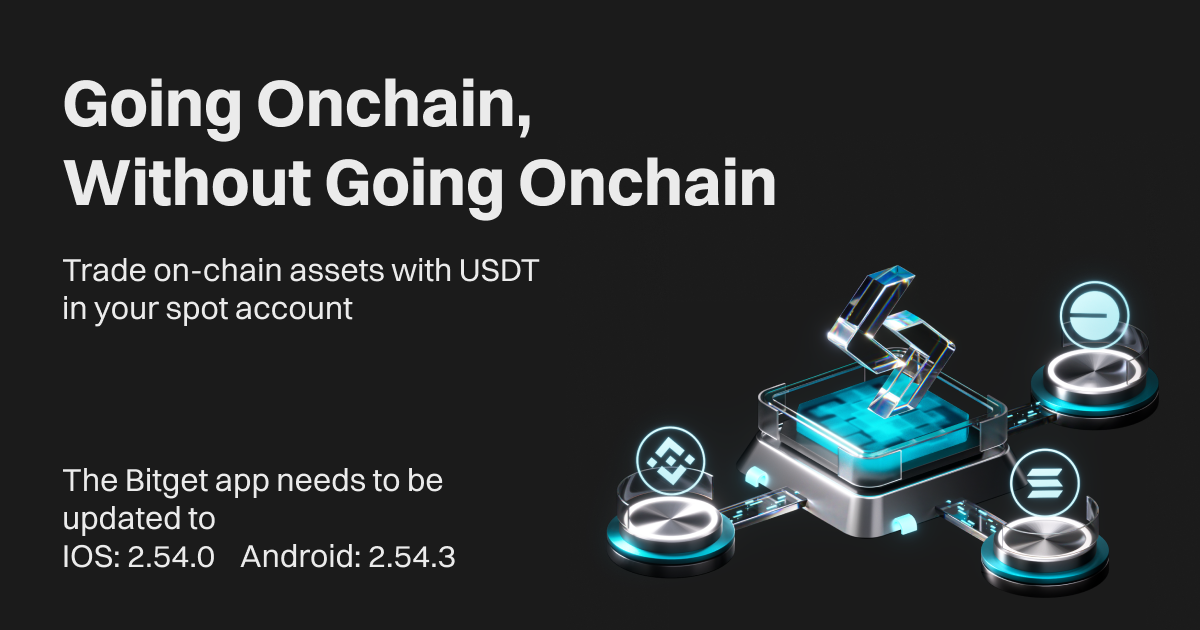Utah Passes Bitcoin Bill but Ditches State Reserve Plan
Utah lawmakers passed a digital assets bill but not without a major change. The provision in the Utah Bitcoin Reserve Bill that would have allowed the state to buy bitcoin was removed before final approval. So Utah will not have a bitcoin reserve – at least not yet.
The HB230 bill , the “Blockchain and Digital Innovation Amendments”, is now aimed at providing legal protections for digital assets.
It says Utah residents have the right to mine bitcoin, run blockchain nodes and stake without government interference. It also provides basic custody protection for those holding digital assets.
The most interesting part of the bill was a clause that would have allowed the state treasurer to invest up to 5% of certain state funds in digital assets. That part was removed before the final passage.
The only digital asset that met the bill’s criteria was Bitcoin which has a market cap of over $500 billion.
This was big news and many thought Utah would be the first state to adopt bitcoin as a public asset. But lawmakers decided to remove that section due to risk concerns.
Senator Kirk A. Cullimore, one of the bill’s sponsors, explained:
“There was a lot of concern with those provisions and the early adoption of these types of policies. All of that has been stripped out of the bill.”
Many lawmakers thought it was too risky to invest public funds in bitcoin due to its price volatility.
Even though the bitcoin reserve clause is gone, the bill still improves Utah’s stance on digital assets. It prevents local governments from restricting the use of digital assets so people and businesses can use Bitcoin without unnecessary regulation.
On March 7 the Utah Senate passed the bill with 19 votes for and 7 votes against.
The House later approved the amended bill 52-19. Now it’s awaiting the signature of Utah Governor Spencer Cox. If signed into law it will take effect May 7, 2025.
Utah has backed off from a bitcoin reserve, so now attention turns to other states. Texas and Arizona are leading the charge on state-backed bitcoin reserves. Both have bills that have passed key hurdles.
In Texas, lawmakers say bitcoin could be a hedge against inflation.
“We don’t have stacks of dollar bills and safes like we did in medieval times,” said Texas Senator Charles Schwertner. “What we have is digital currency.” Texas’ Bitcoin Reserve Bill just passed the Senate 25-5.
Arizona is also moving forward with a similar proposal. Senate Bill 1025, which has cleared the Senate Finance Committee, would invest up to 10% of public funds in bitcoin and other eligible digital assets. Oklahoma is also considering its own “Strategic Bitcoin Reserve Act.”
Other states have rejected similar proposals. Montana, Pennsylvania, Wyoming and North Dakota have already voted down Bitcoin Reserve Bills, citing volatility and long-term financial stability.
Utah won’t invest in bitcoin, but the federal government is taking a different approach. On March 7, President Trump signed an executive order to establish a Strategic Bitcoin Reserve.
But unlike Utah’s proposal, this federal reserve will be funded with bitcoin seized from criminals, not direct investment. The Treasury and Commerce departments have been tasked with coming up with a plan to grow the reserve without touching the federal budget.
Disclaimer: The content of this article solely reflects the author's opinion and does not represent the platform in any capacity. This article is not intended to serve as a reference for making investment decisions.
You may also like
YBUSDT now launched for futures trading and trading bots
[Initial Listing] Bitget Will List ZEROBASE (ZBT). Come and grab a share of 1,750,000 ZBT
New spot margin trading pair — ENSO/USDT!
Onchain Challenge (Phase 23) — Trade and share 120,000 BGB in airdrops

